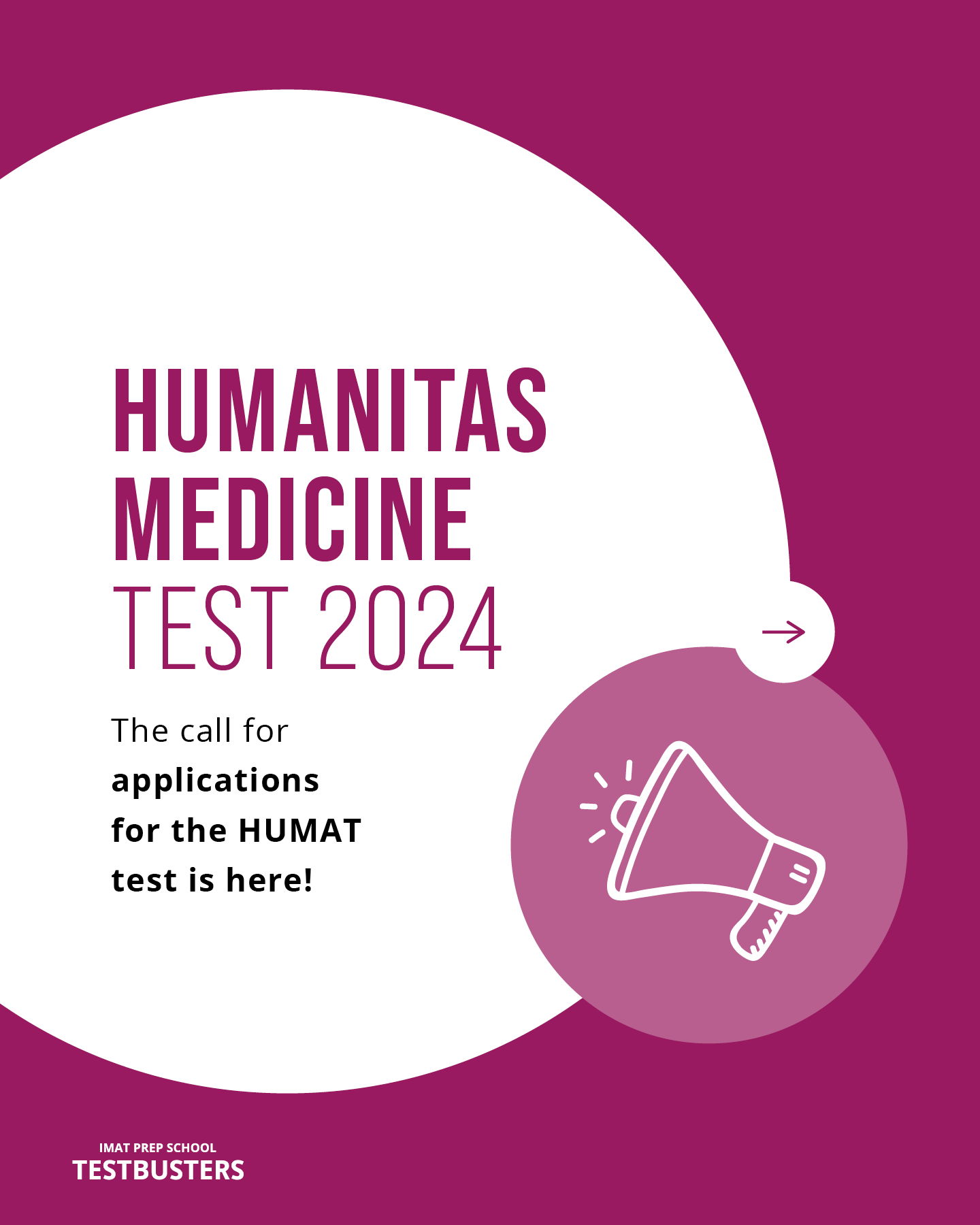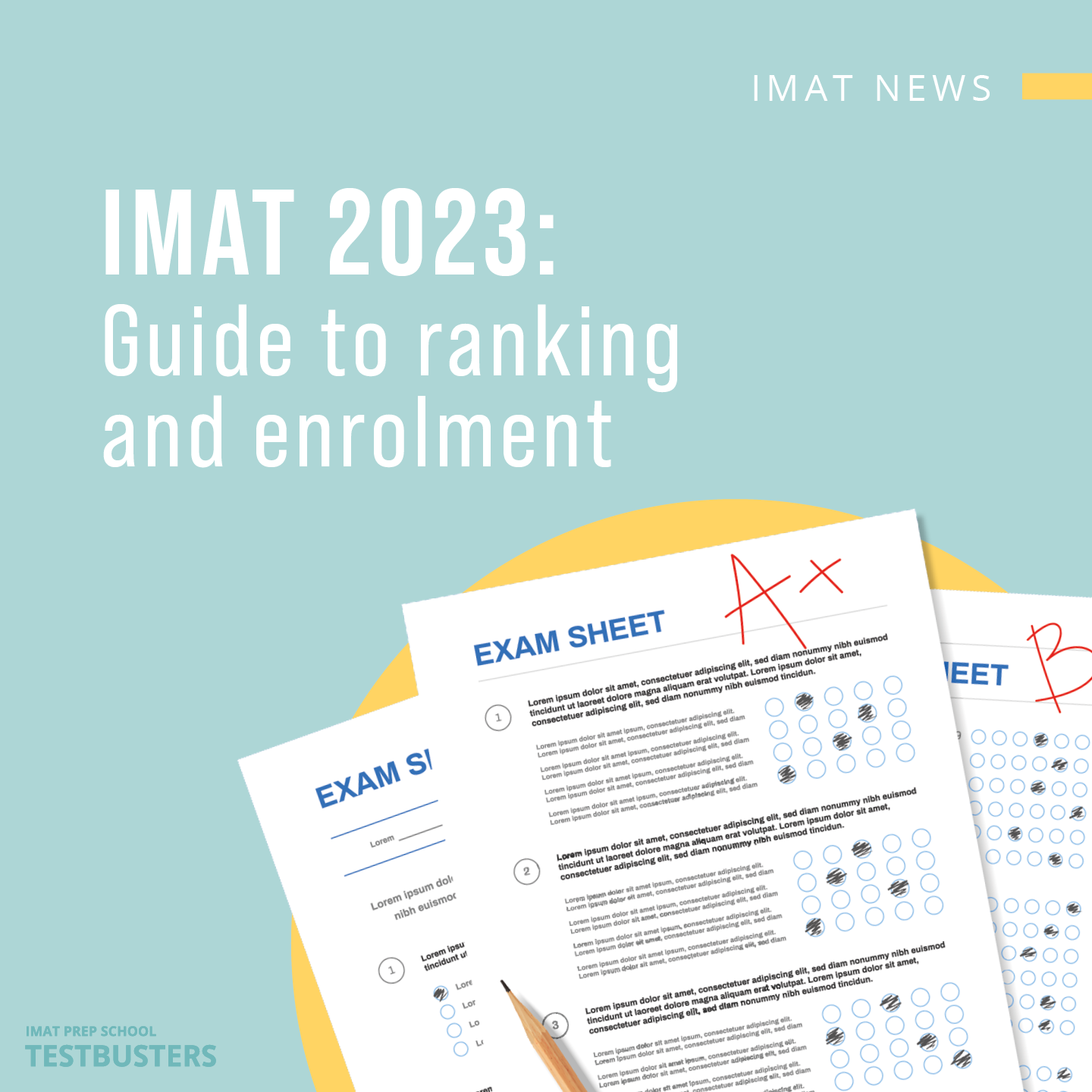There comes a time during any student’s journey when one must decide what to do about their future. This usually happens once high school ends, without really considering the state of awareness and maturity. When dealing with this situation, we are well aware of how choices and paths can change and transform along the way, yet this does not prevent us from having to make decisions that will rule out some options and favour others.
It’s no longer a question of choosing between the middle school closer to home or the one that a lifelong friend is attending, or between a scientific high school rather than a technical institute. We take the first steps towards what could become our place in the world, and directions for not getting lost can often be found only within oneself.
Along with the diploma, we are given a “grappling hook”, which we must aim towards a more or less defined goal, far from us in time and space, and which represents the answer to the fateful question ‘What do I want to become when I grow up?’.
So that’s the beginning of our journey, firm and sure for some, hesitant and risky for others. For some of the students, the harpoon at the end of the rope aims towards becoming a medical doctor.
That being said, let’s go through the reasons and motivations accompanying this decision.
Enrolling in the Faculty of Medicine and Surgery comes with studying human nature, both macroscopically and microscopically, the mechanisms behind its functioning and those that affect its health. This type of study allows you, on the one hand, to understand the phenomena that unite the natural world and, on the other, to know what makes our species so unique and peculiar.
The interest in investigating the complexity behind both the physical and mental abilities of humankind most certainly belongs to those who decide to study Medicine.
The humane side of a profession whose ultimate goal is to look after people’s health must also be considered. As a matter of fact, not only should a doctor know medical procedures and what criteria to apply when approaching a clinical case: part of their duty also consists in bearing in mind that every patient has their own needs and priorities, thus allowing these to guide the treatment.
A significant amount of responsibility is required of a doctor, who also needs to learn how to handle stressful and difficult situations. If you choose to undertake this career path, you’ll likely find yourself facing death and illness and, more generally, people’s infirmities. As a result, not only will these weaknesses affect the patient, but they’ll have an impact on the doctor’s life as well. It is no surprise that facing these situations can sometimes lead to personal crises and require constant self-work. After all, a person’s fate is at stake: every little action, intuition or mistake can make a difference.
It’s perfectly understandable how overwhelming this can be and how discouraged some students, who are considering a medical career, might be feeling when thinking about these implications. At the same time, however, the relationship between doctor and patient, though complex and delicate, represents an opportunity for growth and personal enrichment for the doctor. Great joy and satisfaction also come from improving someone’s health condition and being their point of reference.
After graduating from University, a doctor can launch into various professional paths due to the complexity of the field and the different medical specialties. This allows each doctor to choose their career based on what they prefer best and have the opportunity to teach or do research aside from hospital work. This definitely comes as an advantage for those who don’t appreciate office life and a monotonous working schedule.
Curiosity, inclination and drive have been taken into account, but far more varied are the reasons for choosing this life. A negative experience touches some; others grow up surrounded by a family of doctors and are charmed by it. Some feel a “calling”, while the prestige and economic stability simply draw others.
With the journey being long and steep, however, the opportunity to question the path we’re taking, and go through repeated identity crises (some more than others), will likely present itself. However, I firmly believe that obstacles are an essential part of every journey. If the motivations are strong enough, or even the feeling that you are riding the right waves persists, surely the efforts made will be rewarded.
If not, don’t worry: just keep the receipt of the books you purchased. 🙂



